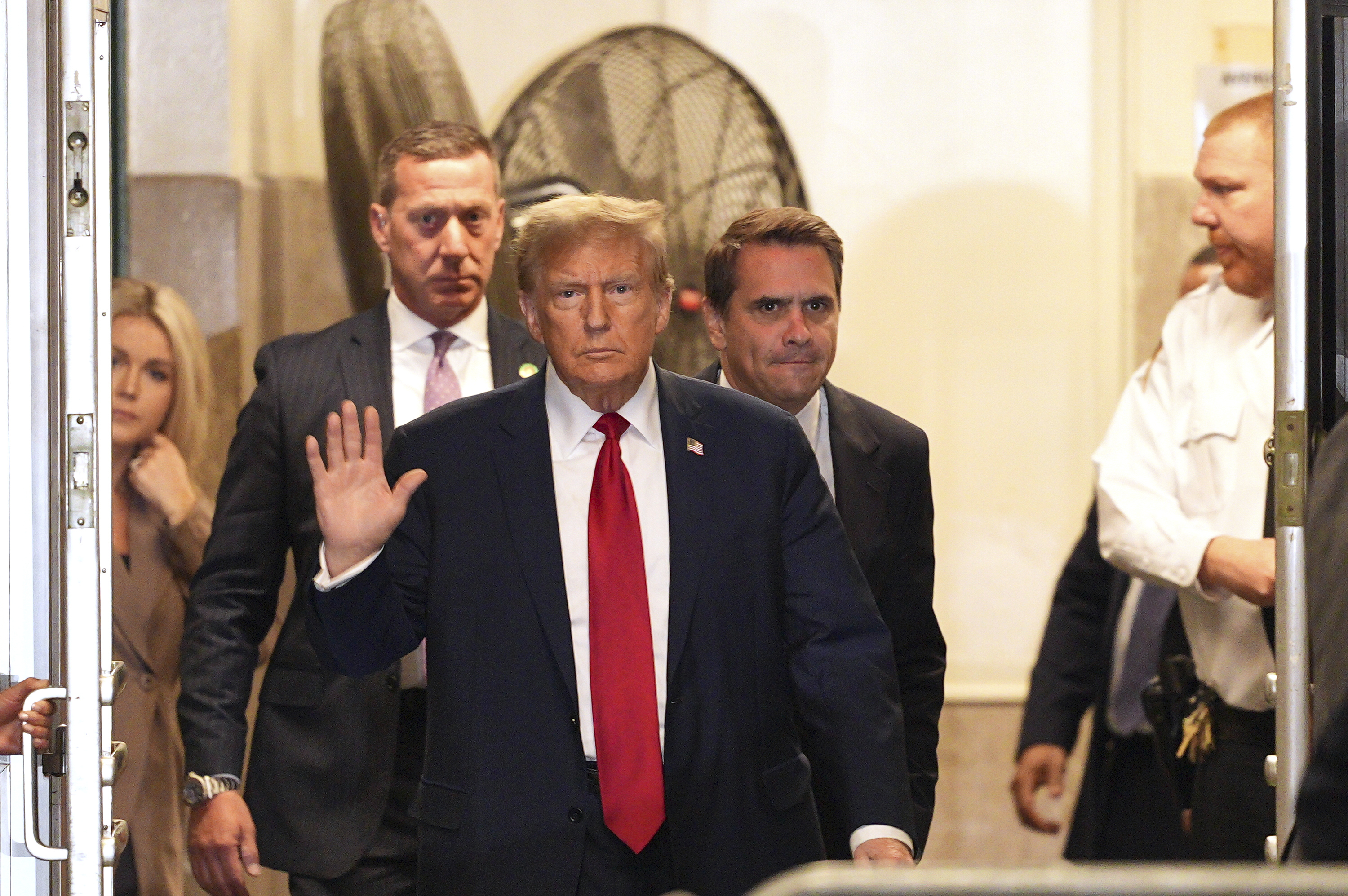WASHINGTON - With political primary season just one state away from drawing to a close, voters now know what the names on their November midterm ballots will be. But the victories of six Tea Party-affiliated Senate candidates — in Nevada, Kentucky, Alaska, Colorado, Florida, and most recently Delaware — have presented dilemmas for Republicans and Democrats alike.
For a GOP establishment that, just months ago, was eyeing a shot at regaining majorities in both chambers of Congress, it’s unclear whether the selection of very conservative — and in some cases, quirky — candidates may have already put that hope on ice.
For Democrats facing a drought of the kind of voter enthusiasm that swept Barack Obama to the presidency, Republican voters’ selection of Tea Party candidates could potentially offer an opportunity to mobilize their base. But in the face of a lethargic economy and with two years of governing behind them, Democrats may need more than the Tea Party to energize their forces.
Beginning on Tuesday night, when Tea Party activist Christine O’Donnell thundered to an astonishing victory over Rep. Mike Castle in Delaware, it seemed that the GOP was the party in disarray.
GOP strategist and former George W. Bush adviser Karl Rove flatly declared her unelectable. Presidential hopeful Mitt Romney rushed to endorse her, while her defeated opponent — who during the course of the campaign called her unqualified for the job — refused to do so. The National Republican Senatorial Committee issued a markedly half-hearted statement of support and failed to commit funds to her campaign until the following day. And O’Donnell endorser Sarah Palin labeled the whole lot of GOP naysayers “good ol' boys” eager to tear O’Donnell down.
Amid the squabble, one man at the helm of the Tea Party charge — conservative Republican Sen. Jim DeMint of South Carolina — says that candidates like O’Donnell are well positioned to ride a tidal wave of anti-D.C. sentiment to victory.
“You can't change Washington unless you change people who are here,” he said on NBC’s “TODAY” on Thursday. "People are ready to throw out the bums.”
U.S. & World
With Republicans attempting to gloss over the split and close ranks two days after O’Donnell’s victory, some in the party have grumbled that DeMint’s support of candidates who espouse generally unpopular policy positions like the phasing out of Social Security and the abolishment of the Department of Education sacrifices electability in favor of ideological “purity.”
The South Carolina lawmaker has said that he would “rather have 30 Marco Rubios in the Senate than 60 Arlen Specters,” referring to the conservative Tea Party-backed Senate candidate in Florida and the defeated party-switcher from Pennsylvania.
On Thursday, DeMint argued that his strategy is still pragmatic. He pointed to candidates like Rubio who, despite conservative policy positions, are faring well in their statewide campaigns. “You're not going to find purity in politics,” DeMint said. “It's not about ideological purity as it is about common sense.”
In a separate interview with NBC’s First Read, DeMint also moderated his statement to Politico that “Republicans are not prepared to take over the Senate.” He clarified to NBC that he meant that Republicans aren’t ready "now,” but that he thinks they will be ready by Election Day.
Few dispute that the Tea Party, while forcing Republicans to balance the competing perspectives of conservative activists and vote-counting strategists, has injected a flood of motivated voters into their side of the ideological spectrum.
That leaves Democratic leaders with their own electoral tightrope to walk.
The victory of conservative candidates has provided immediate shots of energy for the campaigns of Democrats competing against them — like Senate Majority Harry Reid in Nevada and incumbent Sen. Michael Bennet in Colorado. And painting Tea Party types as wacky proponents of unpopular positions could potentially serve to encourage the sluggish Democratic base to go to the polls in November.
But too much crowing that candidates like Reid opponent Sharron Angle or Colorado’s Ken Buck are conservative caricatures unready for political prime-time risks creating the perception that Tea Party-supported candidates need not be regarded as a threat, a perception that could depress Democratic turnout and fundraising in the fall.
On MSNBC’s “Rachel Maddow Show” Wednesday, Vice President Joe Biden hinted at that possibility, warning Democrats to “get in gear.”
“I wouldn’t sell short these candidates,” he said, adding he is taking Republican nominees with Tea Party backing “very, very seriously.”
“You better get energized, he said, “because the consequences are serious for the outcome of the things we care most about."
Msnbc.com's Carrie Dann and NBC's Domenico Montanaro



